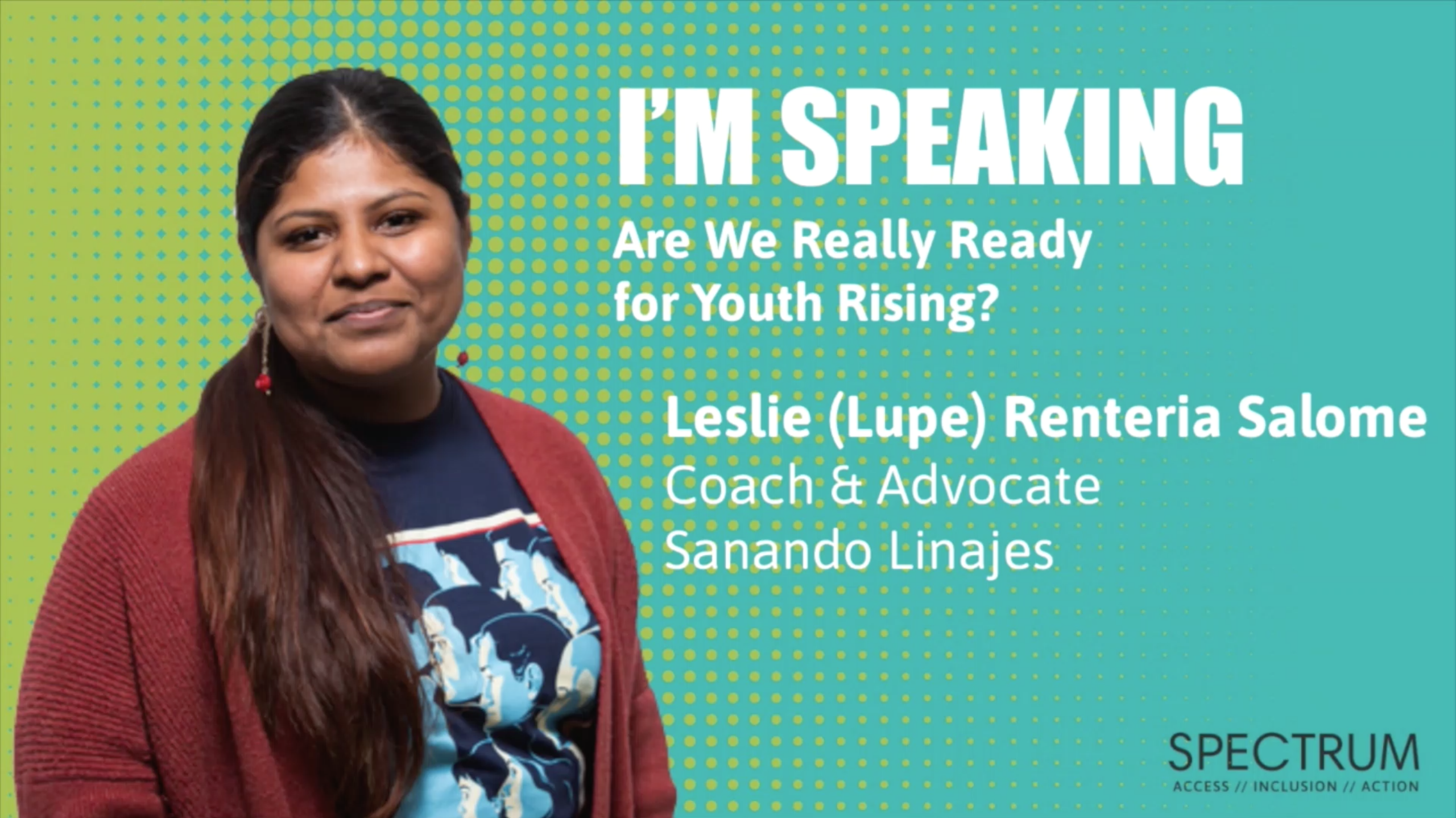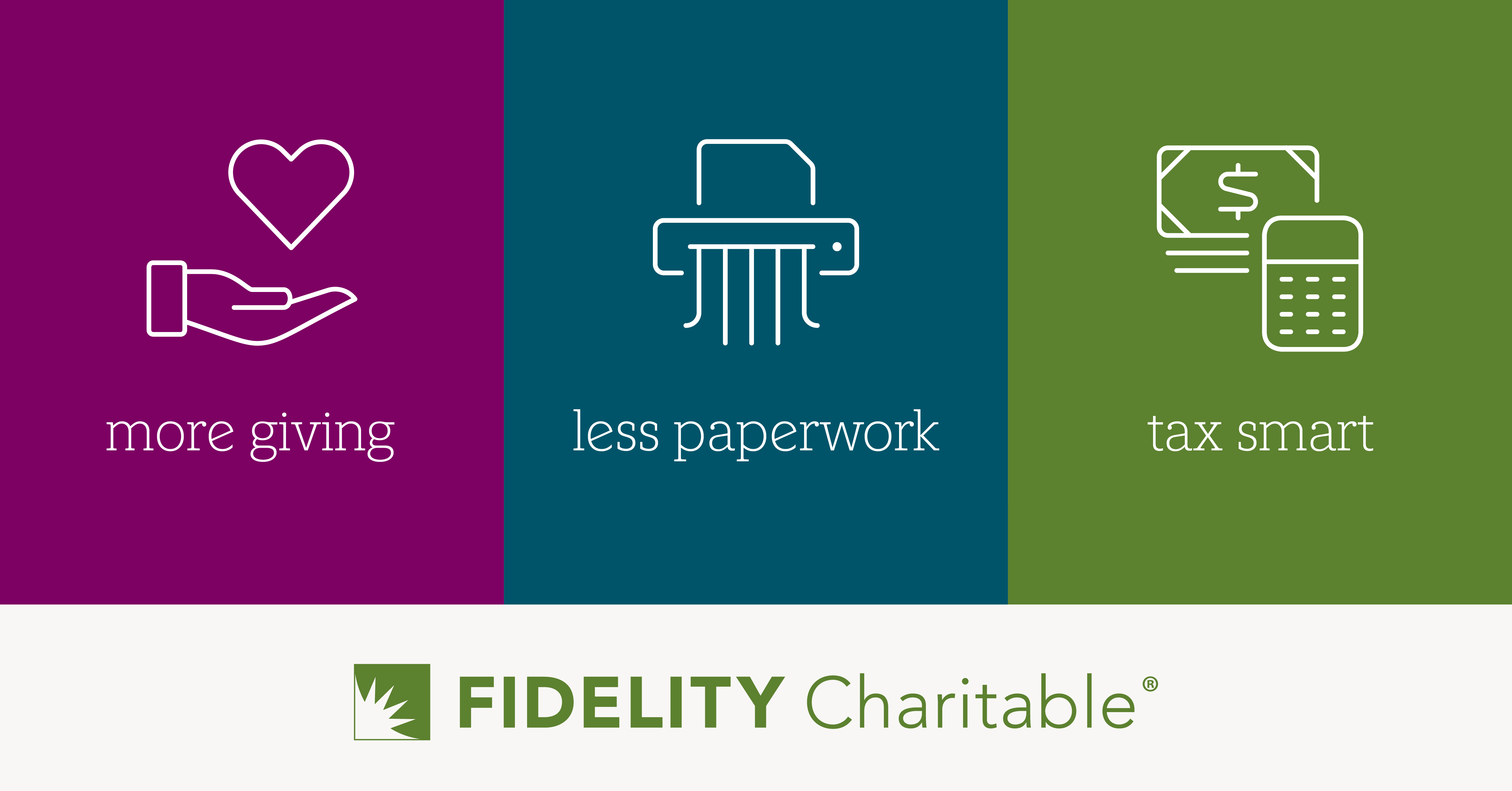Lupe Renteria Salome Shares Her Insights on Youth Involvement in Creating an Equitable Economy
Young people are particularly affected by the most pressing issues both in the United States and abroad. From climate change to income inequality to insurmountable student loan debt, young people face steep challenges from this confluence of problems that will affect their lives for decades to come. These challenges, however, have driven many young people to action, including in creating a more just economy centered around positive impacts for a broader range of stakeholders. And young people aren’t only taking this energy onto the streets, they’re also meeting with policymakers and economic actors to make tangible changes.
In a Lighting Bolt session during SPECTRUM: I’m Speaking, Lupe Renteria Salome shared her insights on youth involvement in creating an equitable economy and discusses how economic leaders can co-create with youth rather than tokenize or manipulate them. Salome coaches people in the business world on how they can include young people in their decision making processes and is an advocate for issues that particularly affect young people. (Watch the session below!)
“When we speak about youth engagement and intergenerational spaces, folks must first start seeing young adults as equal partners and creating spaces to integrate them as part of their team,” Salome said.
To facilitate the creation of these intergenerational partnerships, Salome says adults in leadership positions must reflect on their own behaviors.
“What are you willing to give and offer?” she asked. “What internal shifts must happen in order for your organization or the people in power to share the power? Is youth experience and wisdom enough for you? … Will you invite them in as their true selves?”
Salome’s involvement at the intersection of youth activism and the economy comes from her own lived experiences. She says that she knows what it is like to be tokenized and what it feels like to be empowered.
“I had to realize what it feels like and looks like to be tokenized, and what it feels and looks like to be manipulated as a young person,” Salome said. “As a young person, I didn’t understand what that meant until I had a mentor and a coach who really was true to not tokenizing. … A big part of that for me was having folks who were willing to co-create much of the spaces I was going to be a part of. It’s not just being inserted, but giving me and trusting that my ideas were more than enough.”







